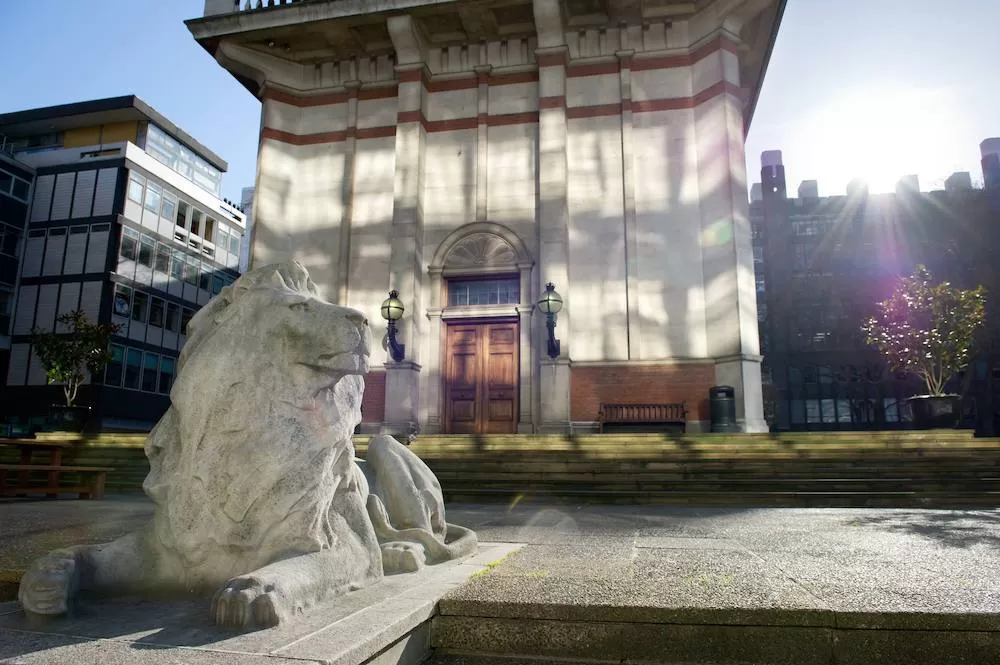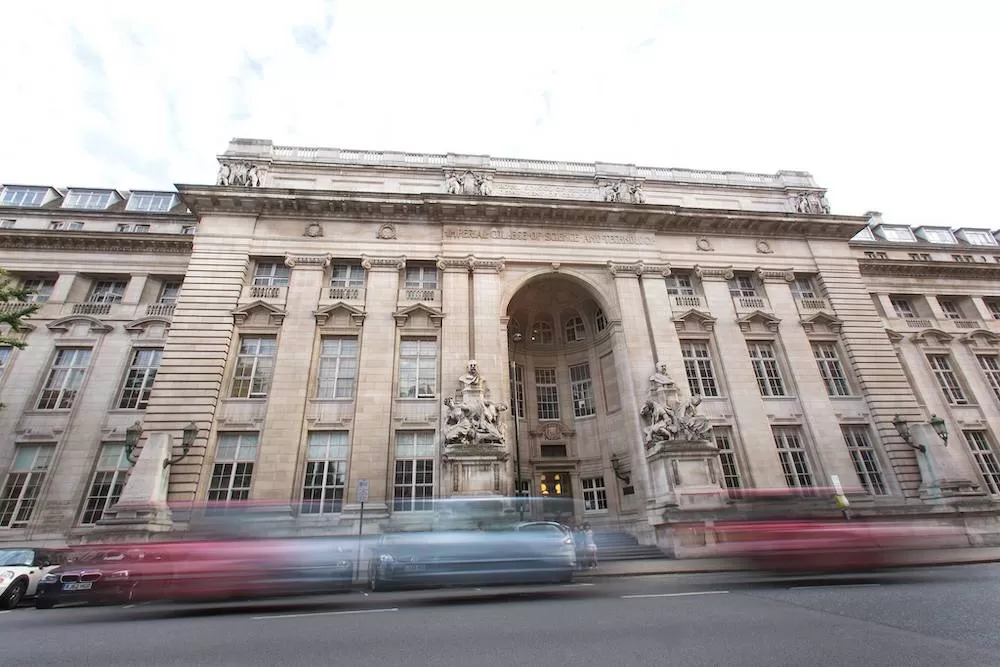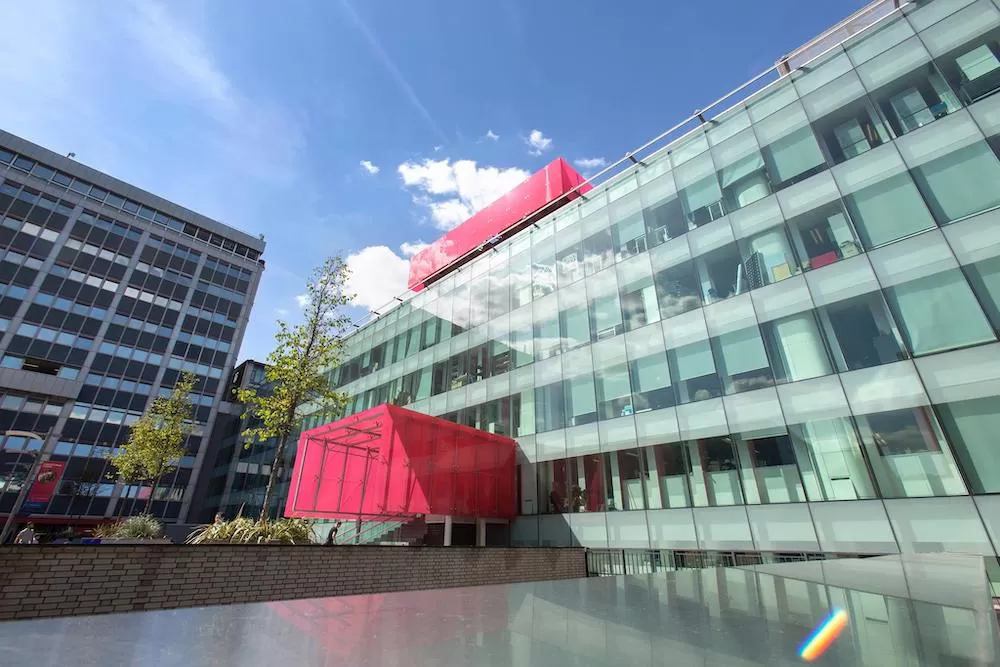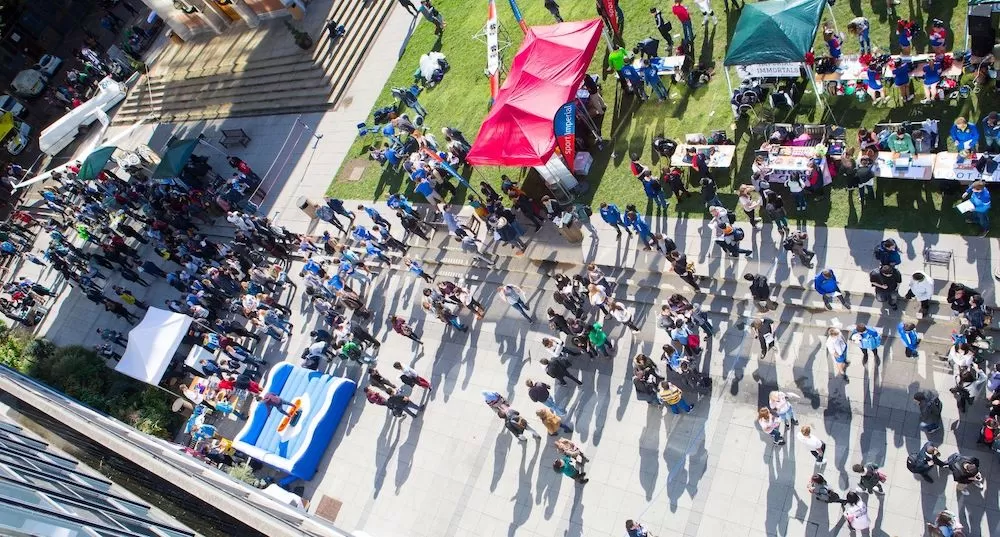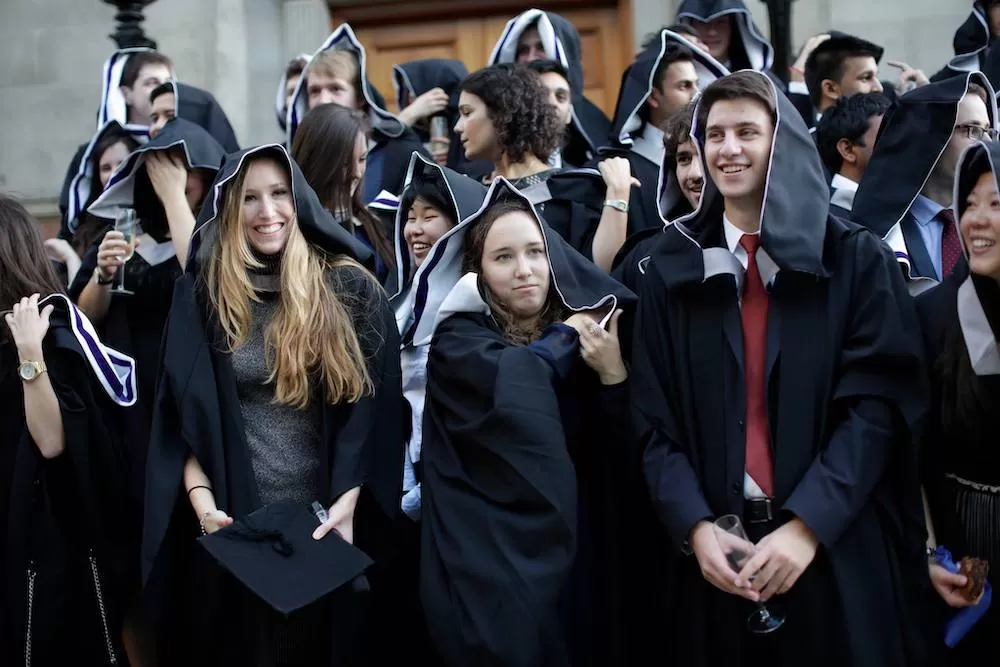If you want to study science, engineering, medicine, and business, go to London. Not only is the British capital a major business hub, but it's a scholastic haven too. The city is home to many prestigious schools that offer programs related to such fields. One of the best is the
Imperial College London. Apart from its extensive history and legacy that dates back to 1907, the college is best known as one of the finest medical and scientific research institutions in the world. It has also produced countless notable alumni, ranging from chemist Sir William Crookes to physician Dame Sally Davies, among many others.
Source: Imperial College London Facebook Page
History of Imperial College London
Though the Imperial College London was officially established in 1907 via a royal charter, the colleges that formed the institution have been around a lot longer. Among the first was the Royal College of Chemistry, which was founded in 1845. It was merged with the Royal School of Mines in 1853, and in 1884, the Prince of Wales opened the City and Guilds of London Institute, another constituent college of Imperial. These all paved the way for King Edward VII to grant the royal charter that eventually founded the Imperial College of Science and Technology in 1907.
What Does Imperial College London Look Like?
Imperial College London boasts multiple campuses throughout the different
neighborhoods of London. Its main building is on Exhibition Road in South Kensington; a modern hub where lectures, lessons, and demonstrations take place. The college's research quarter comprises both the White City Campus and the Hammersmith Hospital. The latter is even still housed in its original home and continues to operate as one of the best health centers in London. All in all, Imperial College London is deeply entrenched in the British capital, which then allows its students to study and immerse themselves in the city's culture.
Source: Imperial College London Facebook Page
The Imperial College London Student Body
Does Imperial College London have many students? Yes, it does. Though it doesn't have the biggest student body among the top universities in London. The school only welcomes about 22,800 enrollees per year, including both new applicants and returning students. They comprise nearly 11,800 undergraduates and about 11,000 postgraduates. The college is among the very few that have just as many postgraduates as it does undergraduates. Usually, the latter has a lot more than the former. At the same time, international students also make up almost 60% of the entire student body, 20% of which come from other European states.
Imperial College London's Best Programs and Courses
As already mentioned, Imperial College London is best known for its scientific and medical courses. Some of its most notable Bachelor's Degree programs include Biomedical Engineering, Molecular Bioengineering, and of course, Medicine. At the same time, you can also get a Master's Degree in Medical Device Design, Physics with Quantum Dynamics, and Molecular Science & Engineering, among many others. All of these impressive programs prove that the college remains at the cusp of scientific research and medical advancement. They're also why the school has retained its prestigious reputation as one of the country's top research facilities.
Source: Imperial College London Facebook Page
Imperial College London’s Prerequisites
Now, let's talk about prerequisites. What qualifications do you need to get accepted into Imperial College London? Well, it depends on the program you want to pursue. The minimum for all applicants is that they have to have completed at least secondary education, namely get a high school diploma. Graduating with A-level grades is a must too, especially for applying to the school's medical courses. As for applying for the Master's Degree, the minimum requirement is a Bachelor's Degree in any related field. But various courses will require further educational qualifications too.
How Much Does It Cost to Study at Imperial College London?
How much you have to spend to study at Imperial College London will depend on your specific face. Where you come from plays a vital part, for instance. The school's tuition fee costs £9,250 per year for UK and EU students while it tends to range from £31,750.00 to £33,000.00 per year for non-EU applicants. Naturally, the latter is on top of the student visa needed for international students to
move to London and study here legally. There are other additional fees to think about too, ranging from enrollment fees to dormitory costs.
Source: Imperial College London Facebook Page
Where is Imperial College London in London?
As previously mentioned, Imperial College London's campuses are located in various parts of the city, across different neighborhoods and boroughs of London. But let's focus on the main building on Exhibition Road in South Kensington. The area is upscale and refined, filled with lots of history that help make London a popular tourist destination. Filled with museums and galleries, it's widely considered the academic and artistic heart of the British capital. Fortunately, it's also a great place to stay. Amidst all the cultural attractions, South Kensington is also home to some of the finest
luxury apartments in London. They're worth renting with roommates if you want to lie comfortably during your studies here.
Imperial College London's Famous Graduates
Imperial College London has produced some of the most prominent and influential figures in the world of science and healthcare. There's Sir Cyril Norman Hinshelwood, for example, who was awarded the 1956 Nobel Prize for chemistry. Sir Alexander Fleming is another iconic graduate. This Scottish physician and microbiologist changed the world when he discovered the world's first effective antibiotic substance. Don't overlook Dame Sally Davies too! She served as Chief Medical Officer from 2010 to 2019. And though he's not a scientist or medical professional, it's worth mentioning Brian May too.
Source: Imperial College London Facebook Page
Science, medicine, and biology are at the heart of Imperial College London. It's one of the finest universities in London, perhaps even in all of the UK. The proof is in its impressive alumni list of exceptional professionals and influential figures.
